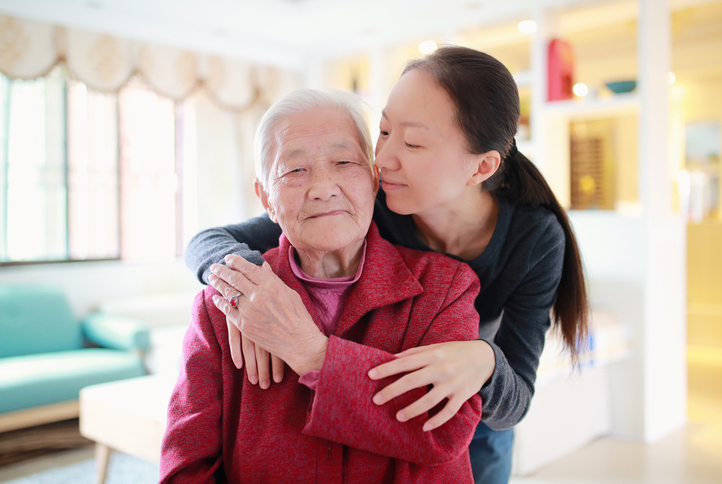
Death and dying affects all of us and enabling palliative care that is responsive to the community and an individual’s needs relies on broad community awareness. CareSearch, a national palliative care online resource managed by Flinders University, is a critical part of providing this knowledge infrastructure for the health and aged care sectors – and for the general public, including patients and their families.
Professor Jennifer Tieman, Director of the Research Centre in Palliative Care, Death and Dying (RePaDD) at Flinders University, is also Director and Chief Investigator of the CareSearch project. Having been involved since the inception of CareSearch in 2008, Professor Tieman says the online portal is stimulating improved palliative care by making a variety of resources available and accessible to everyone in the community, not only to health care professionals.

“It underlines that we all have to care well for people, right through to the end of their life,” says Professor Tieman.
CareSearch supports specialist palliative care services, health professionals and the community by providing evidence-based information that can help people facing the need for palliative care and those providing care to them.
“Research helps us understand the details of a person’s lived experience, what treatments work and improve outcomes and quality of life, whether care models are effective, and whether care is equitable for all Australians,” says Professor Tieman. “This evidence informs content for patients and carers, for older Australians and those from diverse backgrounds, along with providing the resources needed to support GPs, nurses, allied health, acute care and primary care workers.”
The project will soon complete another three-year funding cycle, during which the CareSearch website has undergone a major redevelopment. Improvements have targeted how to make it easier for people to find the information and resources they need.
Separate portals for the general community and for health professionals provide rapid navigation to targeted information, tools and advice, while an evidence and translation centre provides access to the underlying research evidence, plus tools and resources to support change and knowledge use.
Content from the successful Dying2Learn online course that the CareSearch Project Team ran over four years has also been added, and these pages have attracted more than 55,000 visits since being uploaded to the website.
“CareSearch is proving its value because it is a resource that is adaptable,” says Professor Tieman. “It has portals for community to access a broad array of information, for health professionals to access resources and tools that will support and inform their work in palliative care, and a separate portal where evidence can be referenced to provide a foundation for best-practice palliative care.”
Professor Tieman says the recent improvements have had immediate impact, with between 500 and 700 people using the website every day. She also explains that CareSearch keeps evolving as new research is published and feedback and input from health professionals and the community is obtained.
“We never set out for this to be a static resource. We need to keep finding out what is necessary for improved palliative care, so we partner actively with palliative care workers and people receiving care to build our body of knowledge – and we will continue to respond to knowledge gaps as new needs are identified.”
This need to adapt is underlined by Australia having an increasing number of people in aged care, as well as people living longer lives, and therefore dying older. Given ageing and increasing rates of chronic disease, pressures on services and demand for palliative care will continue. Support for the sector is therefore critical.
“We partner across the community and the health system to ensure that what we produce is meaningful and valuable to those who need this information,” says Professor Tieman. “We need this resource to support people in the workforce who are suffering from burnout, recognising the appropriate support for their self-care and resilience.
“There are so many components that make CareSearch a complete resource, and it remains our job to ensure that CareSearch continues to evolve and best serve what everyone needs when caring for someone who is dying.”

